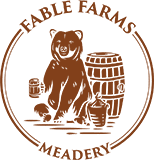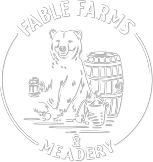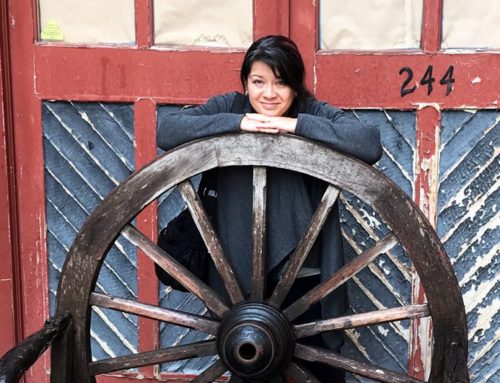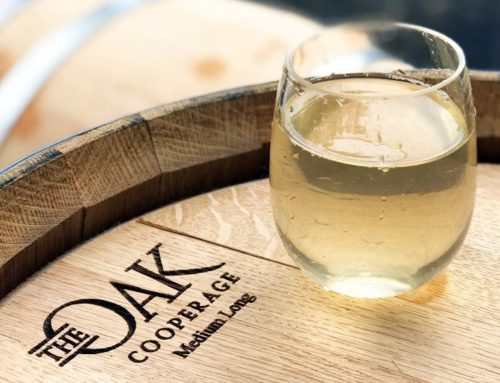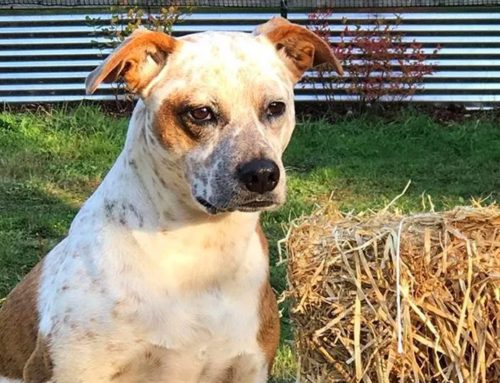Recently, we noticed that our pigs had worms. Now if you live on a farm you will eventually encounter worms. This is a fact of farm life. However, despite knowing this it always makes me feel the way a parent does when they are told their child has lice. You know that lack of cleanliness ‘can’ be a contributing factor, but most often it isn’t. It’s just life. Even knowing this, I still get embarrassed. Obviously, I’m getting past the embarrassment since I’m admitting it for the world to read. In fact, if anything, I have to say the worms I found in the pig poop were particularly impressive…..in a disgusting sort of way! They were the stuff of nightmares and horror movies. Truly!
So let’s talk about worms. One of the most controversial topics you can bring up to a farmer is worming. I’ve heard farmers swear their animals have never had a worm in its life (which I don’t believe for a hot, bippy second). I’ve heard people swear the only way to keep animals healthy is to worm on a regular schedule and their animals are proof of this (that may work for your herd buddy). I’ve heard people swear the chemical wormers are a form of abuse to animals and that if you use anything other than natural wormers you are killing your animal (so is leaving your animals anemic and ill because of heavy worm loads). I’ve heard people say herbal wormers never work and are a waste of money (depends on the wormer and if you know how to use it correctly).
Basically everyone has an opinion and their opinion is usually the right one and their proof is in the health of their animals. If fact the quickest way to get a rise out of most farmers is to contradict their worming theory. I like to think we are rebels in the farmer’s world of worming because we don’t really have any worming rules. In fact we kind of believe all of the above and none of the above. Some people just call us indecisive.
Here’s our philosophy:
*We believe in natural wormers.
*We also believe in chemical wormers.
*We don’t follow a regular schedule for worming.
*We believe each farm, each management style and each herd is different and to really take all that into account worming should be on your mind ALL the time.
Why so indecisive you ask? Well, we know from plenty of research that not all wormers work for all types of worms. Also worms can become resistant to some wormers. So what worked from you last year may not work for you this year depending on how often you’ve used it and what type of worm you are battling. We also understand that worming is stressful on an animal’s system. We chose not to put our animals through that if we don’t need to.
We are constantly assessing our animal’s overall health. We look, listen and feel. This means we look at eye lid color because these areas will be pale rather than pink. This would be caused by anemia if there are barber pole worms present. We look at coat because parasites will leave the coat dull and coarse can be a sign of worms. We listen to their breathing. Do they have a cough or wheezing? This can be a sign of worms (or other illnesses) Run your hands over the animal. How do they feel? Is their muscle condition and weight poor? This can be a sign of worms. Finally, we look at their poop. For the most part you won’t see worms in the poop. You won’t even see worm eggs in poop with your naked eye. This is why assessing your animal ALL the time is important.
Many parasites that effect livestock are species specific however there are some that are transferrable to other animals and/or humans. Knowing this, means that treating worms should be a priority on your farm. I received a microscope a while back and was hoping to take a local class that taught how to do our fecals on our animals. The class fell through and so we have been left to our own devices to learn this skill. We’re slowly learning but until we actually master fecals and parasite identification I’m going to keep referring to it as ‘playing in the poop.’
If you’re interested in testing your knowledge of parasite egg identification in ruminants here’s a fun link:
http://www.purposegames.com/game/worm-eggs-ruminant-parasites-quiz
So unlike Stella, we aren’t trying to ‘get our groove back’. In fact we want to stay as far out of that groove as possible. Our only rule about worming is to NOT have a rule. Flexibility is the key. We feel that an animal’s health is always changing, as is a parasite’s resistance, as is the type of parasite, as is the environment the animal lives in (heat, dampness, freezing, etc..) and if all these factors are changing all the time, then so should your program. If you find something that works for you that’s great, but don’t quit doing fecals and make sure you keep assessing your animals for when you’ll need to make that next change. That’s our ‘non-rule’ and we’re sticking to it….for the moment. 😉
